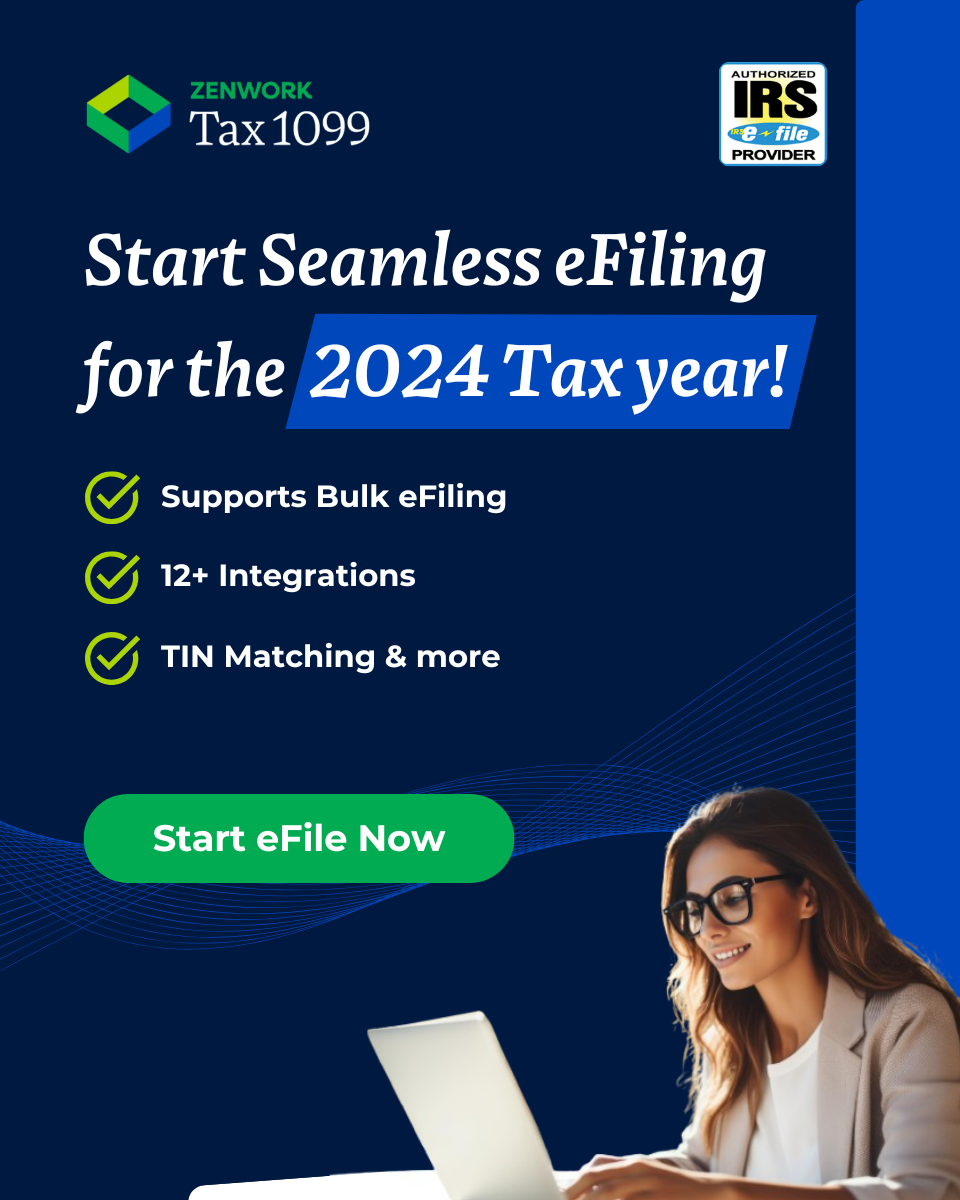Note: IRS delays the rollout of the $600 threshold for 1099-K reporting.
Learn More
The threshold for Form 1099-K remains at $20,000 with a 200 transaction limit for the year 2023. This delay designates 2023 as a transition period, maintaining the existing requirements for reporting.
Here’s why Americans are concerned about the new 1099-K tax rule, which requires PSEs to report payments over $600.
What Happened
Previously, PSEs (Payment Settlement Entities) needed to file a Form 1099-K if the gross total of reportable payments made in settlement of third-party payment network and payment card transactions was over $20,000. The reporting requirements also considered the number of transactions, which needed to be over 200.
Together, the conditions qualified the 1099-K payment reports.
However, with the introduction of ARPA in 2021, the IRS has modified the tax rules for Form 1099-K.
Now, PSEs need to file a Form 1099-K if the gross total of the payments made in the settlement of third-party transactions, exceeds $600.
The rules also clarify that all transactions must be reported, regardless of the volume.
So, no more reservations on the transaction limit.
Why Americans Are Concerned About The New 1099-K Rule
Many Americans are concerned about the new 1099-K tax laws because the new 1099-K reporting rule translates to more income transparency and more taxes.
If you don’t already know, about 36% of the U.S. workforce is involved in a side gig in some form through the gig economy.
The gig economy contributed nearly $1.21 Trillion to the U.S. economy in 2020. This is nearly 6% of the total U.S. GDP.
And that’s probably why the IRS is deciding to regulate the gig economy.
The extra income earned through such small gigs was not taxable before due to the relaxed threshold of $20,000 with a precondition of the transaction limit of 200 or above. This was also one of the reasons why the freelance economy was skyrocketing through the pandemic.
However, the new 1099-K rule quickly shatters the very driving force of the gig economy by mandating even self-employed individuals to report payments over $600 received via peer-to-peer payment apps like Venmo, PayPal, Cash App, and more.
So, if you’re a freelance worker and if your client has paid over $600 to you via Venmo or PayPal, expect to receive a Form 1099-K from Venmo (or the payment app used in the transaction).
But that’s not all.
The new 1099-k rule also considers all transactions that involve goods and services.
For example: If you’re someone who sells homemade products on eBay or sells handmade candles on Etsy, and you receive $600 or more from your customers via payment apps, then this will also be taxed per the new rules. You will receive a Form 1099-K from the payment app used for the transaction.
It’s safe to say that the gig workers, and American taxpayers in general, were not happy about the new rule.
Many online sellers have shared their concerns and repercussions of Form 1099-K on social media.
Online communities are debating the new tax rules.
While the discussion is a little heated, the concern for gig economy workers and general Americans is reasonable.
Gig workers are being taxed for a small sum of $600. The contention is that the whole reason working individuals get into the gig economy is to earn a few extra bucks and make their ends meet.
The record-high inflation of 8.5% in the U.S., according to the U.S. Department of Labor, is one of the reasons why many mainstream full-time workers are choosing gig work.
It’s critical to understand that the new 1099-K reporting rules are here to stay. It might seem just easier to ignore the rules and continue to keep your income discreet. But note that even if you’re not reporting the income received through payment apps, the PSE (the payment app) will report the payments made. This will just bring more attention to the IRS.
So, it’s best to stick with the legal tax practices and understand the various ways to comply.
Here’s what you can do
- Understand what does and doesn’t qualify for 1099-K reporting.
- Reach out to the payment apps or the PSE to get clarifications on the 1099-K issuance. Although the rule is universal, the individual issuance policies may differ from company to company.
- Maintain a comprehensive record of all incomes and earnings.
- Save the receipts, invoices, bills, and other paperwork concerning online transactions
- Check out our online resources to get the latest (and verified) information about 1099-K reporting.
Clarifications On Form 1099-K Reporting
- Personal payments are not taxed
1099-K is restricted to goods and service transactions only. ARPA clarifies that only those transactions that involve the provision of goods and services (Sec. 6050W(c)(3), as amended by ARPA §9674(b)), are reportable.
Let’s assume that you went out for dinner with a friend and split the bill. Your friend sent their half of the bill, say, $75 to you via Venmo.
For this particular transaction, you will not receive a Form 1099-K because personal payments do not constitute Form 1099-K reporting.
- Sale at a loss is not subject to taxes
Payments received for selling personal items, gifts, and other commodities at a loss are not taxed.
Let’s assume that you bought a coffee table for $800 but later sold it off for a loss, say, at $650. In this case, the payment issued to you is not subject to taxes. The payer need not issue a Form 1099-K to you for the same.
However, if you do make a profit, it qualifies for 1099-K reporting, and you will receive a Form 1099-K from the payments app.
- Business transactions can be separated from personal payments
Payment apps are quickly accommodating their users with the flexibility to switch the purpose of payment to make it easier to track commercial transactions from personal ones.
In certain apps, the payers can select the purpose (personal or business) and proceed to make the payment. The payments app will issue a Form 1099-K to the payee based on the purpose selected by the payer.
Explore Tax1099 eFile Services | Create your Tax1099 account for free
Other Useful Reads From Tax1099 Blog
- Form 941: Who Is Required To File & When Is Form 941 Due In Q2 Of 2022?
- Crowdfunding Your Entrepreneurial Dream Could Come With Tax Complexities & Surprises
- Virtual Transactions Also Have Tax Consequences
- How The New 1099-K Filing Rule Is Adversely Impacting Small Business Owners
- Using Peer-To-Peer Payment Apps To Accept Payments From Customers?
- How To Use Form 1099-K For Your eCommerce Business
- PayPal, Venmo & Cash App Must Report Transactions Of $600 Or More To IRS
- Are Venmo Payments Considered Income? Get All The Details Here
- e-Commerce & Online Businesses: Here’s How Form 1099-K Impacts Your Business Taxes
- 5 Form 1099-K Myths You Probably Believe That Aren’t True


